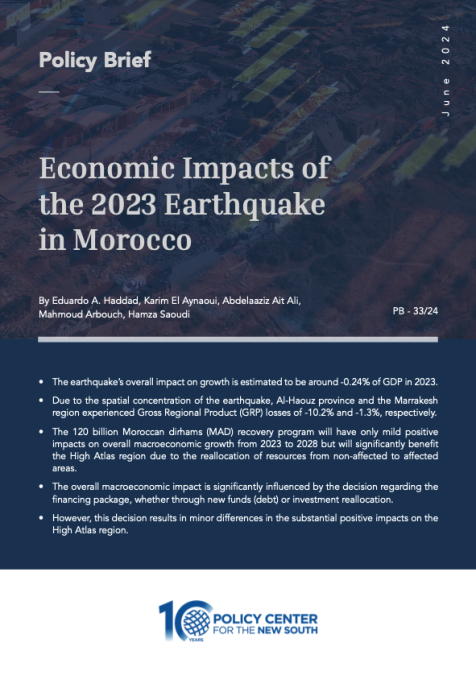Publications /
Policy Brief
Policy Brief
Policy Response to the Plunge in Oil Prices
March 20, 2015
The plunge in oil prices will only stimulate global and national aggregate demand if it is passed through to consumers. However, pass-through may be limited this time because of fiscal constraints, environmental concerns, and the need to rein in wasteful and regressive energy subsidies. Oligopolies may also appropriate a disproportionate share of the rents. The best course is to maintain high oil product prices at home by reducing energy subsidies or increasing taxes while temporarily raising income transfers to households.










